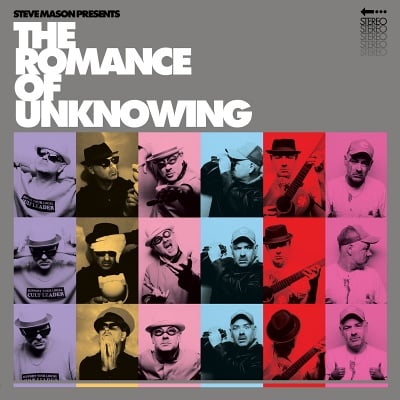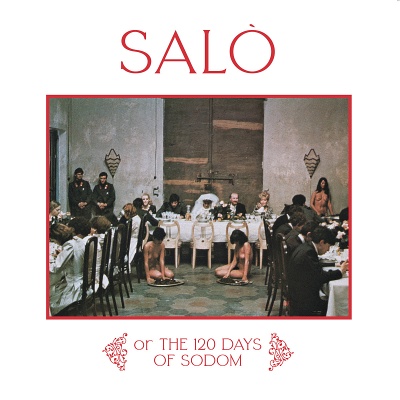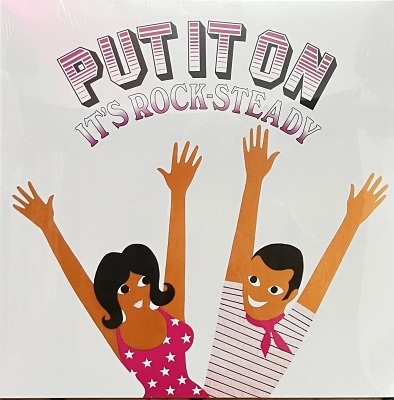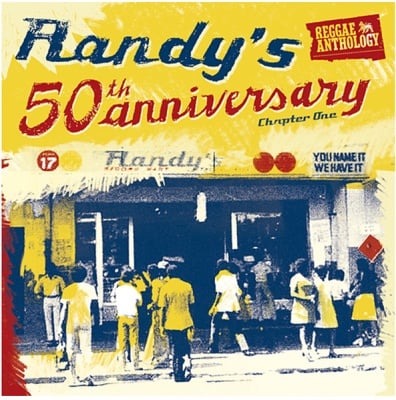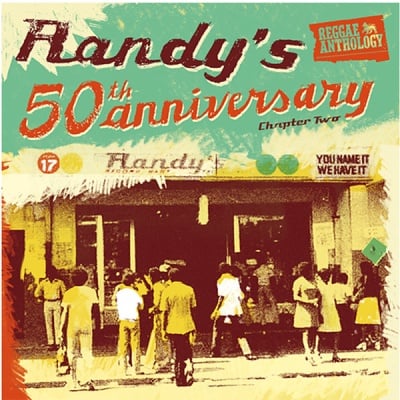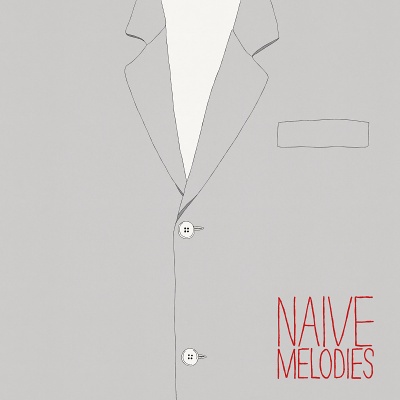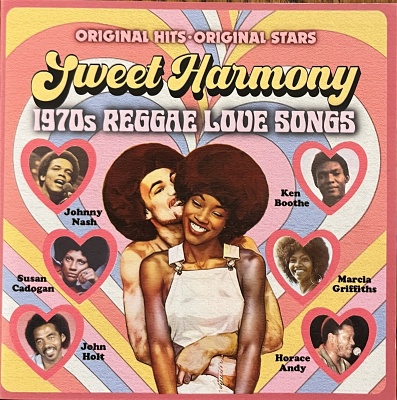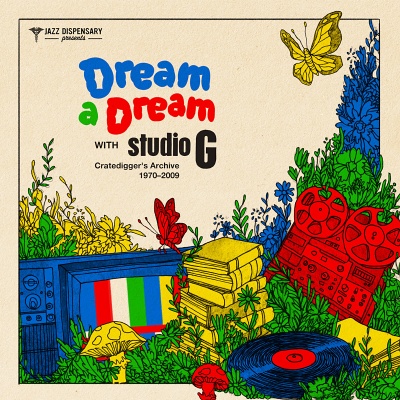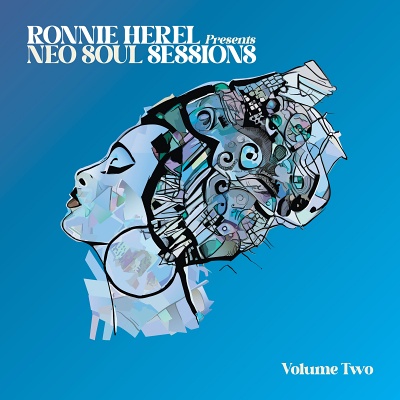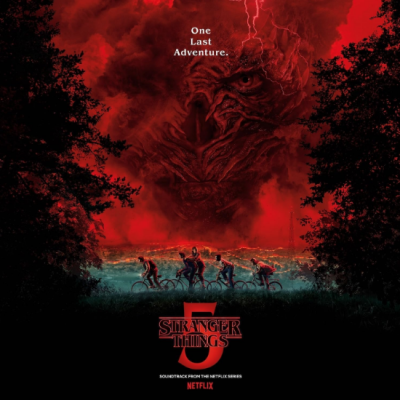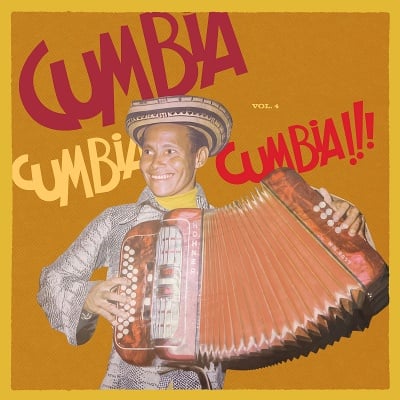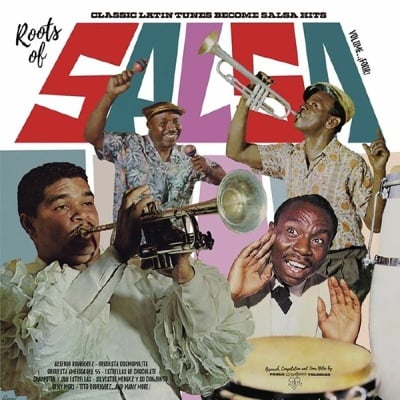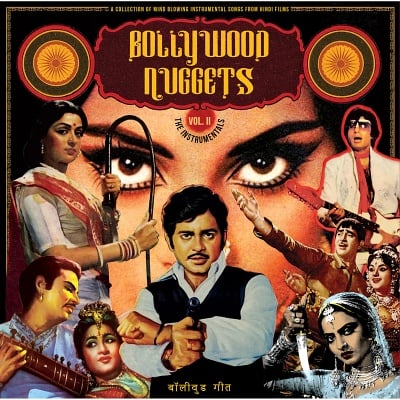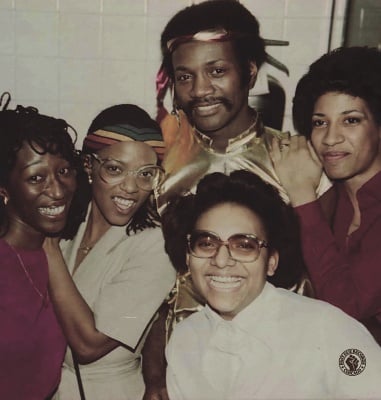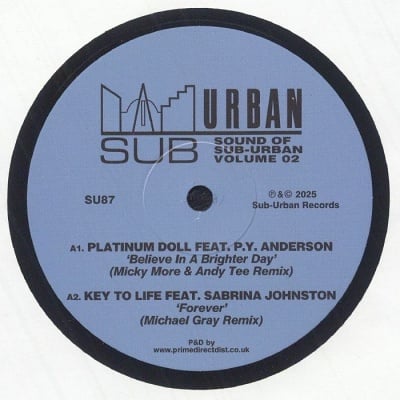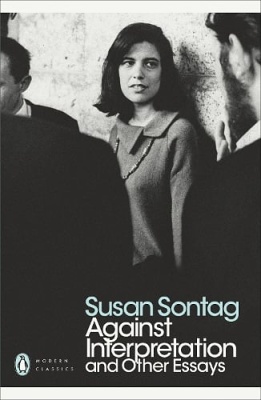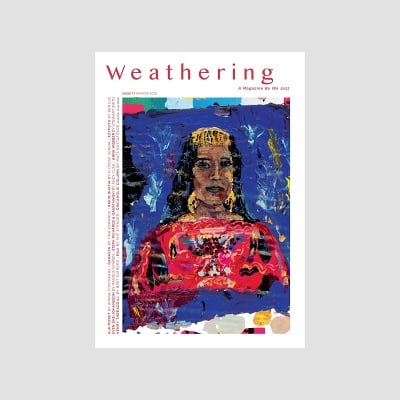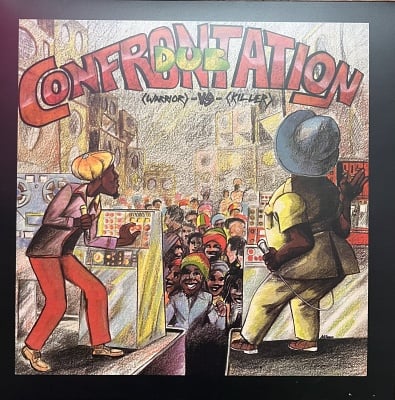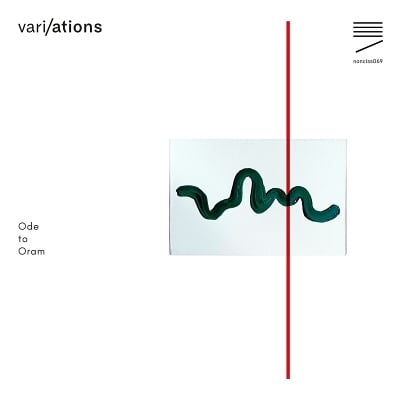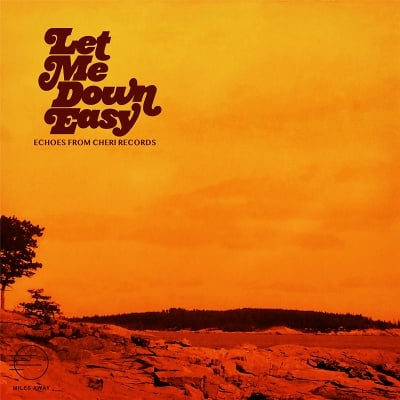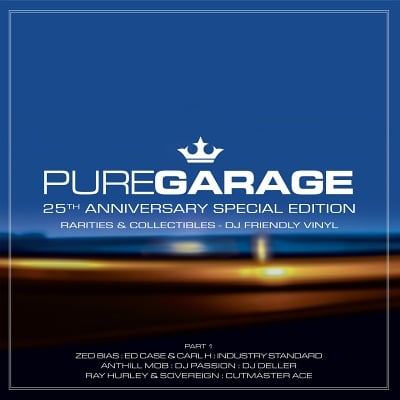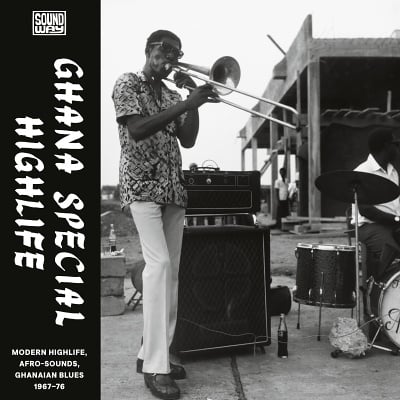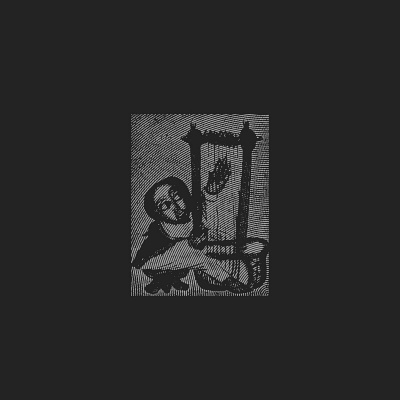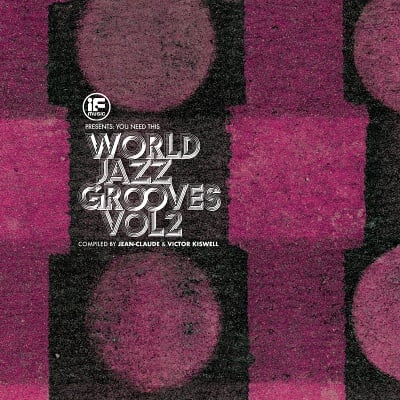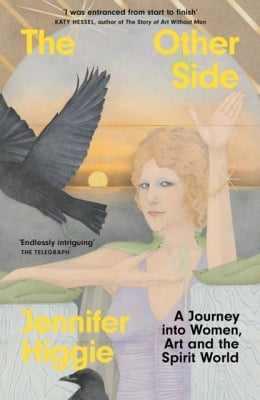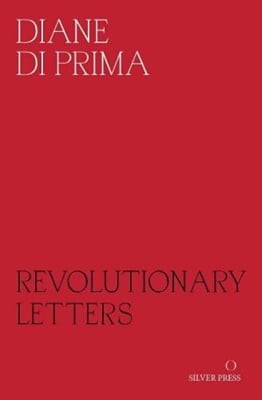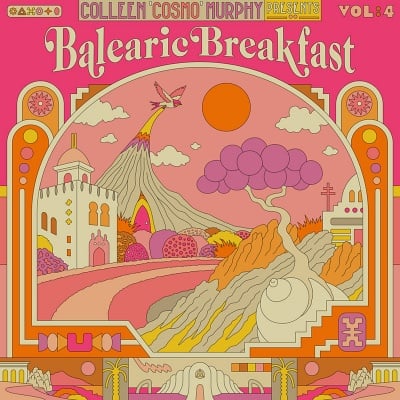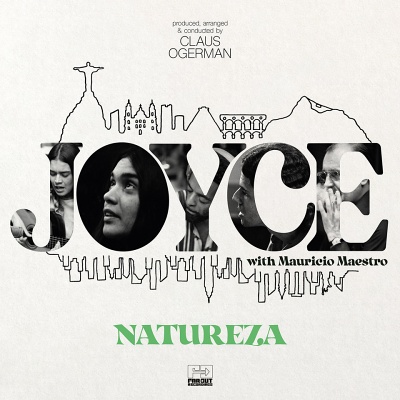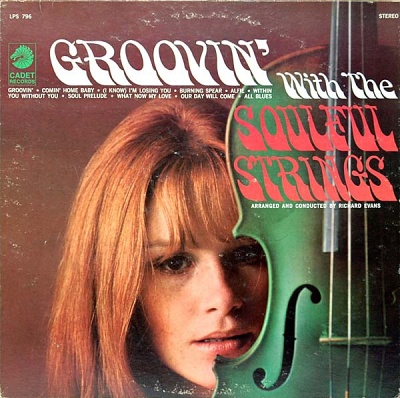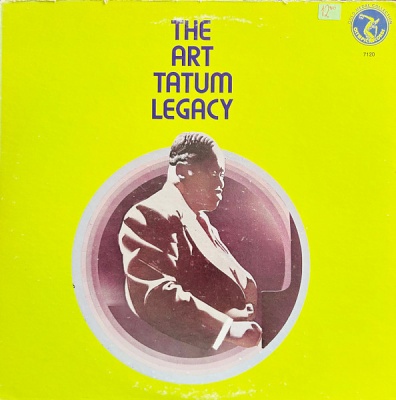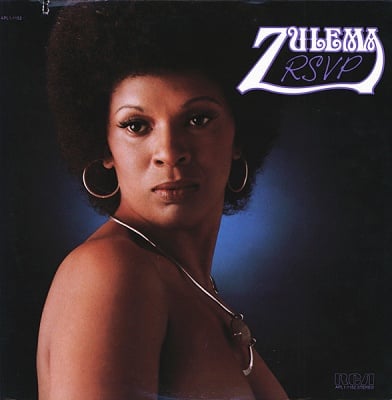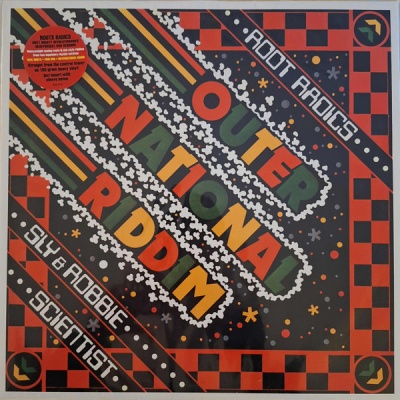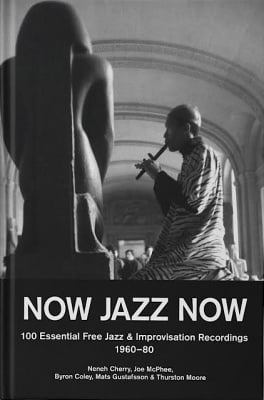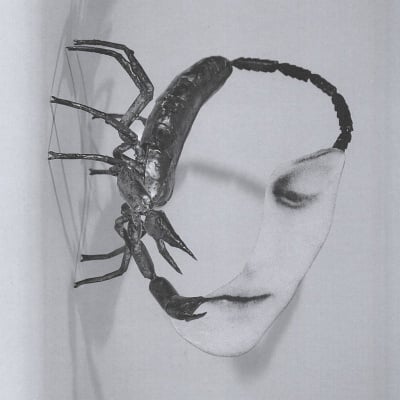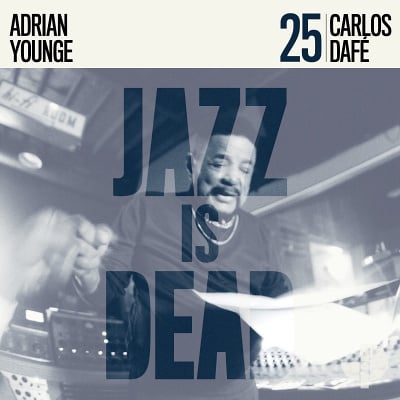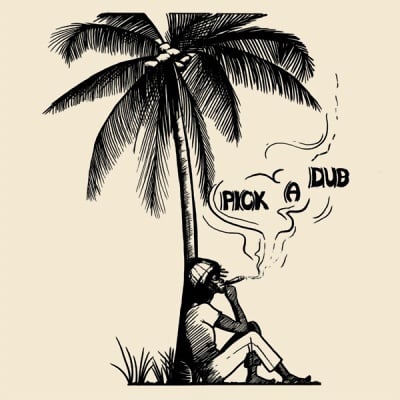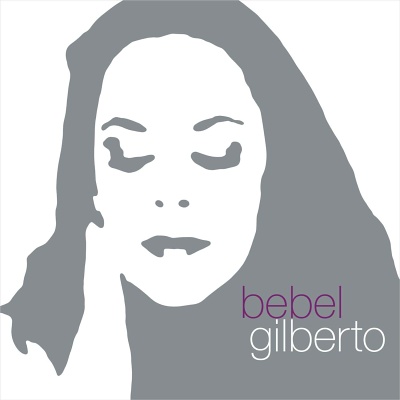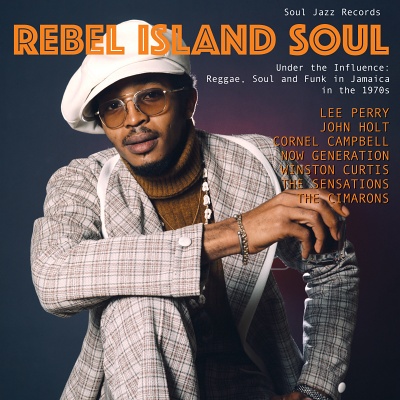
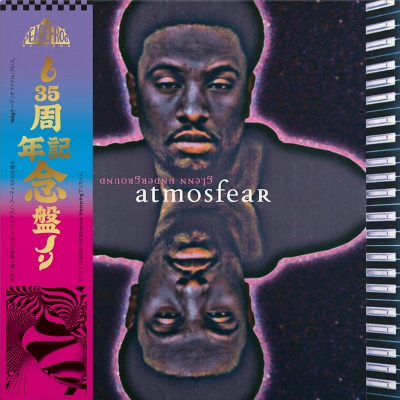
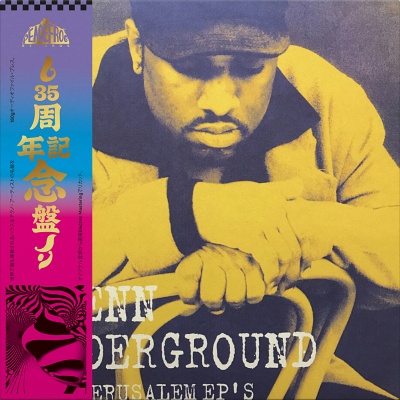
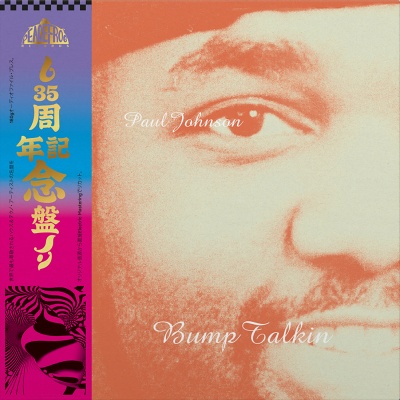
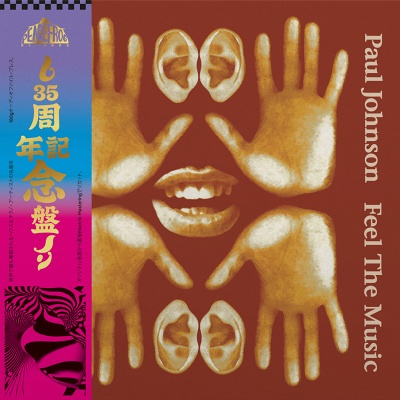
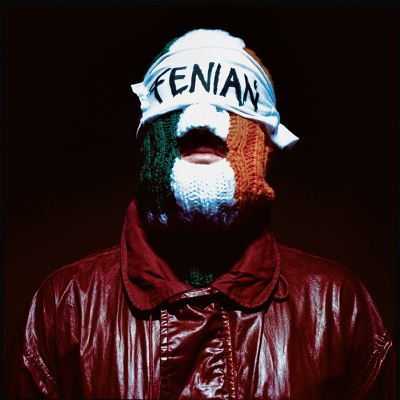

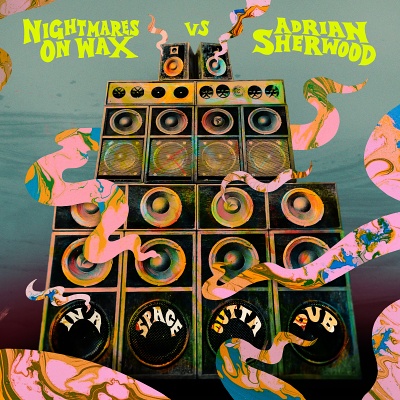
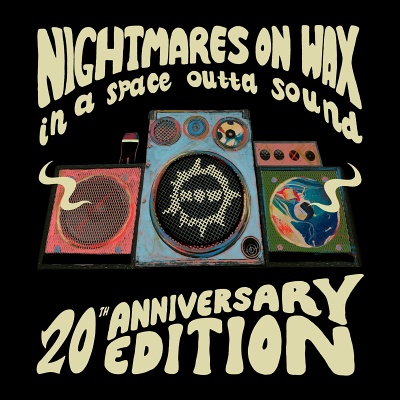

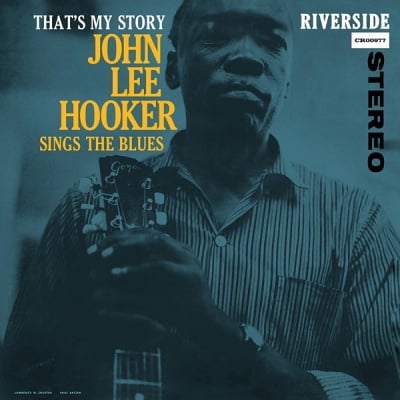


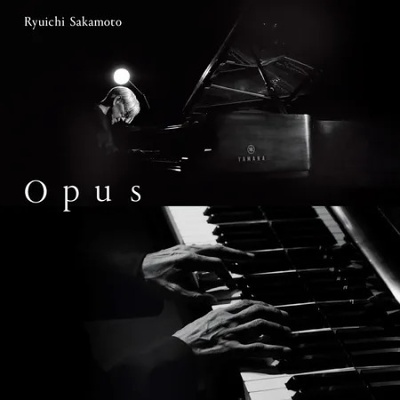

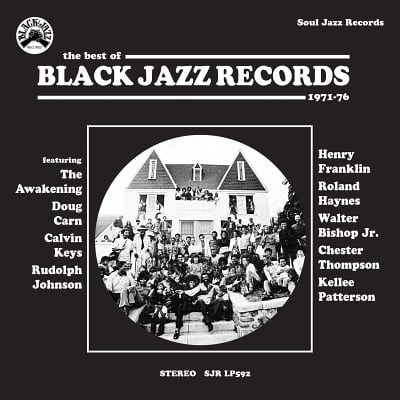
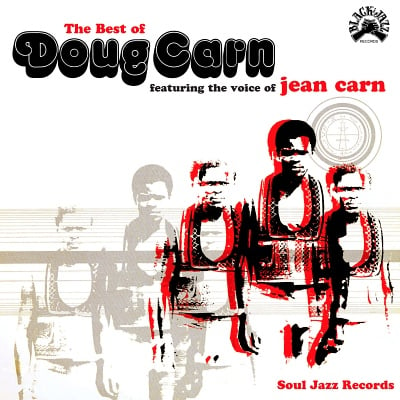


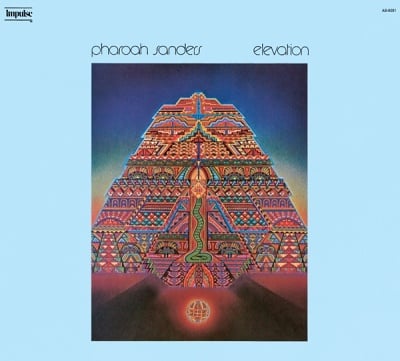


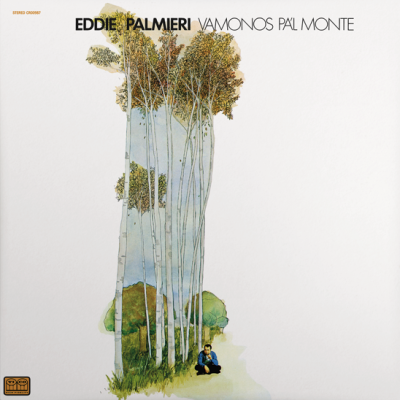
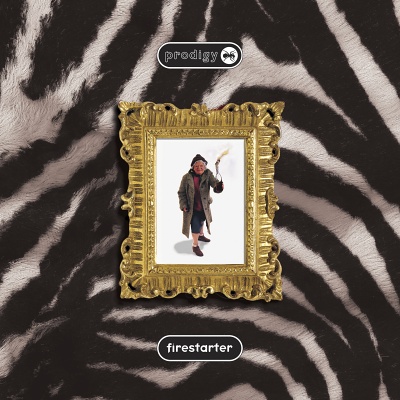
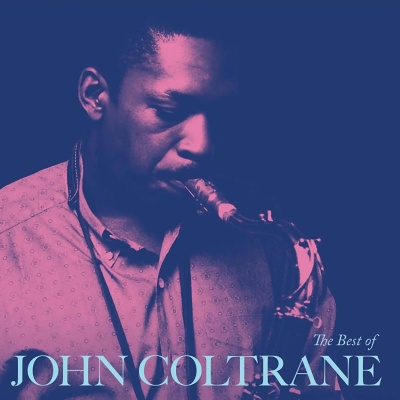
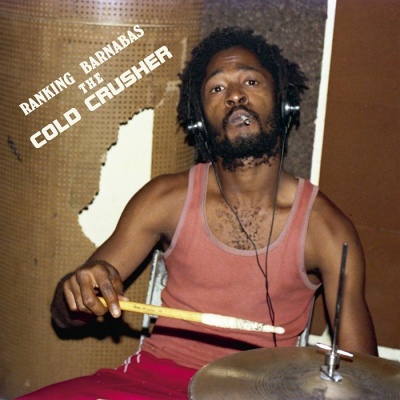

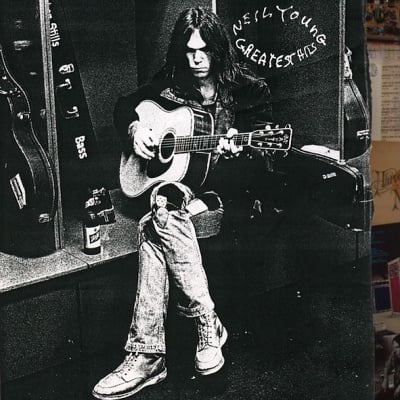

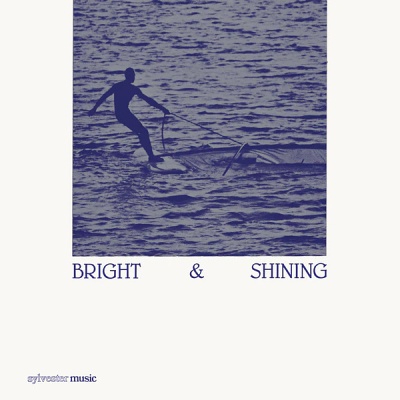
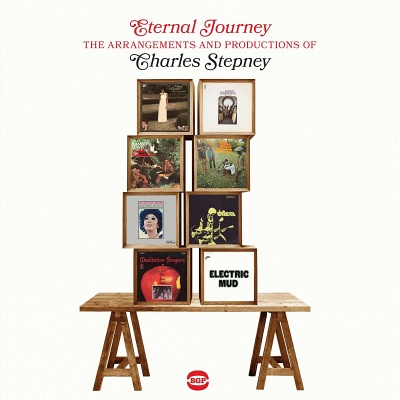

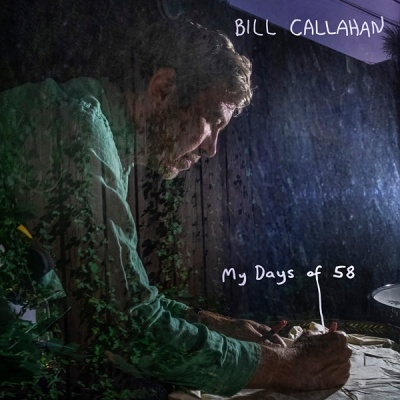

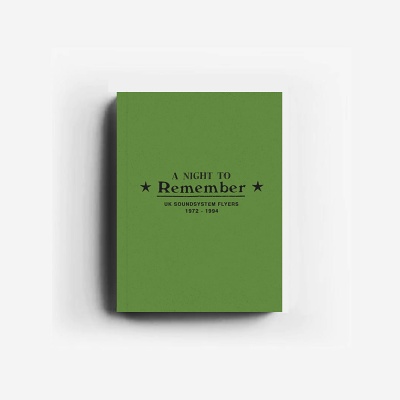
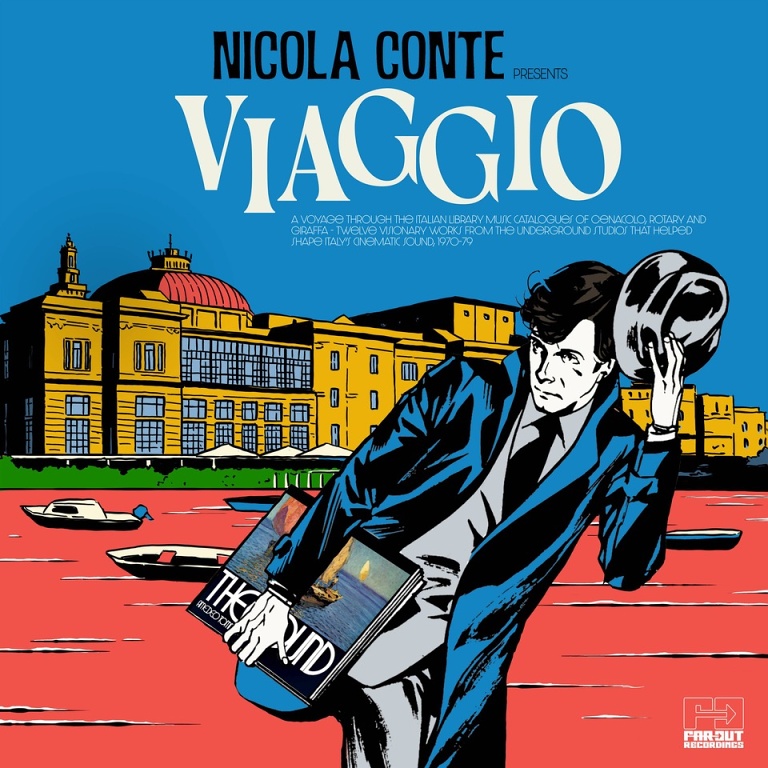
- LP FARO253LP£22.00Out of stock Notify me when in stock
- CD FARO253CD£11.00Out of stock Notify me when in stock
- – Amedeo Tommasi - Brasilia (The Sound)
- – Desert - Leaving (Desert)
- – Latrudi - Feeling (Teleobiettivo)
- 1. Amedeo Tommasi - Brasilia (The Sound)
- 2. Max Rocci & His Friends - Colorombo (Il Mondo Dei Giovani, Vol. 4)
- 3. Max Rocci & His Friends - Niagara Falls (Il Mondo Dei Giovani, Vol. 4)
- 4. Alessandroni E Il Suo Complesso - Via Mare (L'Ora Del Cocktail)
- 5. Joël Vandroogenbroeck - Electronic Jungle (Images Of Flute In Nature)
- 6. Kema - Pescatori (Canto Femminile) (La Natura E L'Uomo)
- 7. Desert - Leaving (Desert)
- 8. The Swingers - Depressione (Jazz Video)
- 9. Latrudi - Feeling (Teleobiettivo)
- 10. Narassa, Amedeo Tommasi Trio - Lalo (Made In The USA)
- 11. The Swingers feat. Marco Di Marco - Meditazione (Il Mondo Dei Giovani, Vol. 1)
- 12. The Swingers - Nostalgia (Il Mondo Dei Giovani, Vol. 3)
Following his acclaimed five-part Viagem compilation series celebrating Brazil's forgotten bossa nova and samba jazz, Far Out, Blue Note and Schema recording artist and international DJ Nicola Conte turns his curatorial attention homeward with Viaggio, an extraordinary exploration of Italy's library music renaissance 1970-79.
The 12-track compilation spotlights the remarkable creative explosion that occurred during the seventies: when some of the greatest yet most historically overlooked composers, including Amedeo Tommasi, Alessandro Alessandroni and Max Rocci, were composing and recording huge amounts of original music for film and television libraries.
Unlike commercial releases designed for mass consumption, library music was created specifically to accompany images on screen. This meant creative freedom for composers who imagined scenarios, feelings and worlds to soundtrack. Pressed in limited quantities, these recordings were distributed only to internal circles of music supervisors, journalists, and television professionals – making them virtually invisible to the general public for decades.
"This is a journey through a largely forgotten world," explains Conte. "While major jazz recording opportunities were scarce, an incredible network of small labels owned by publishing companies – often created by the composers themselves – began to flourish. This created an open space where musicians could express more experimental and free thinking sounds."
At the heart of Viaggio stands Amedeo Tommasi, the sophisticated jazz pianist who emerged in 1960 backing international stars like Chet Baker, Bobby Jaspar, and Jacques Pelzer. Tommasi was among Italy's earliest artists to introduce Black US modal jazz influences, and when traditional recording opportunities dwindled, he pivoted to soundtrack and library music, helping define a distinctly Italian sound that bridged experimental jazz with the emerging possibilities afforded by developments in synthesizer and recording technologies.
The compilation features rare gems from small label outputs, namely the Cenacolo and Rotary label catalogs. Tommasi's contemporaries include the great Alessandro Alessandroni and his vocalist wife Giulia De Mutiis (Kema), Stefano Torrosi (under the alias Farlocco - meaning fake/phony), and Belgian composer Joël Vandroogenbroeck. The recordings capture the technological evolution of the era as beguiling synthesis often combines with global influences spanning Brazilian rhythms, jazz-funk explorations, and Middle Eastern scales.
"You can hear both the haunting melodies and sun-kissed atmospheres so typical of Italian culture from that era," Conte observes. "Some of these albums could have been proper artist releases, while others were specifically designed for accompanying images on screen, yet all were crafted with exploratory creativity that still resonates powerfully today."
- – Oby Onyioha - Raid Dem Jah
- – Alphonsus Idigo - Mystic World
- – Sheila & Des Majek - Mother Nature
- 6. – Oby Onyioha - Raid Dem Jah
- 10. – Alphonsus Idigo - Mystic World
- 11. – Sheila & Des Majek - Mother Nature
- View full info and tracklisting
- 2×LP LPSNDW162£28.99Expected 27 MarPreorder
- – Po Lazarus
- – Big Rock Candy Mountain
- – You Are My Sunshine
- – Down To The River To Pray
- – I Am A Man Of Constant Sorrow
- – Hard Time Killing Floor Blues
- – I Am A Man Of Constant Sorrow
- – Keep On The Sunny Side
- – I'll Fly Away
- – Didn't Leave Nobody But The Baby
- – In The Highways
- – I Am Weary (Let Me Rest)
- – I Am A Man Of Constant Sorrow
- – O Death
- – In The Jailhouse Now
- – I Am A Man Of Constant Sorrow
- – Indian War Whoop
- – Lonesome Valley
- – Angel Band
- 1. – Po Lazarus
- 2. – Big Rock Candy Mountain
- 3. – You Are My Sunshine
- View full info and tracklisting
- 2×LP 7886119£36.99In stockAdd to Bag
- – Roland Bocquet - Fête
- – Alice Swoboda - think it’s Time (You Were Mine)
- – Mary Love - Lay this Burden Down
- – Stoney and Meatloaf - What You See is What You Get
- – Alan Price - Left over People
- – Bobby Conn - Never Get Ahead
- – The Snivelling Shits - Terminal Stupid
- – Sailor - A Glass of Champagne
- – Supersempfft - I See Stars
- – Demis Roussos - I Dig You
- – Ron Rogers - YaYa (Nelue Rework Mutant Disco Edit)
- – The Staple Singers - Slippery People (Club Version)
- – Alfie Davison - Love Is a Serious Business
- – Andre Willliams / Velvet Hammer - Happy (Is My Life)
- – Bobby Garrett - My Little Girl
- – Flash and the Pan - Waiting for a Train
- – Bell X1 - Flame (Chicken Lips Version)
- – Method Man - Release Yo’Delf (Prodigy Remix)
- – Aaron Carl - Hateful
- – St. Germain - Rose Rouge
- – Big Hard Excellent Fish - Imperfect List Pt.1
- – Rene Halkett / David Jay - Nothing
- 1. – Roland Bocquet - Fête
- 2. – Alice Swoboda - think it’s Time (You Were Mine)
- 3. – Mary Love - Lay this Burden Down
- View full info and tracklisting
- New 2×LP (Coloured Vinyl) BN17LPX£41.99'Pink Rose' coloured vinyl.In stockAdd to Bag
- CD BN17CD£12.99In stockAdd to Bag
- – Put It On
- – Doctor Dick
- – Rude Boy Gone Jail
- – Dancing Mood
- – Save A Bread
- – Darling I Love You
- – I've Got To Go Back Home
- – Dance All Night
- – Let The Little Girl Dance
- – Feel Good
- – See Them A Come
- – Won't You Come Home Baby
- – It's Raining
- – Somebody's Baby
- 1. – Put It On
- 2. – Doctor Dick
- 3. – Rude Boy Gone Jail
- View full info and tracklisting
- LP KOY008£21.00In stockAdd to Bag
- 2×LP VPRL4256£39.00In stockAdd to Bag
- LP VPRL4257£39.00In stockAdd to Bag
- – Miguel Atwood-Ferguson - Heaven
- – Pachyman - Sugar On My Tounge (Dub)
- – WITCH - Once In A Lifetime
- – Georgia Anne Muldrow - Girlfriend Is Better
- – Wu-Lu - Mind
- – Astronne - Psycho Killer
- – Kenny Dope - Born Under Punches (The Heat Goes On) (feat Roisin Murphy)
- – Liv E - I Zimbra
- – Aja Monet - The Book I Read
- – Rosie Lowe - Burning Down The House
- – Roge - Road To Nowhere
- – Vicky Farewell - And She Was
- – Florence Adooni - Crosseyed & Painless
- – Bilal - Seen & Not Seen
- – Theo Croker - Born Under (More) Punches (The Heat Goes On) (feat Theophilus London)
- – Dominique Johnson - Take Me To The River
- – Leon Jean-Marie - This Must Be The Place (Naive Melody)
- 1. – Miguel Atwood-Ferguson - Heaven
- 2. – Pachyman - Sugar On My Tounge (Dub)
- 3. – WITCH - Once In A Lifetime
- View full info and tracklisting
- 2×LP BBE424CLP£31.99In stockAdd to Bag
- 2×CD DB2CD173£17.00In stockAdd to Bag
- – Will Thomson/Paul Mottram - lectrospheres/Incandescence (Psychotropic Hopping Morning)
- – Paul Lewis - Hello Spring
- – Douglas Wood - Making Parts
- – Paul Lewis - Goodbye Autumn
- – Paul Lewis - Colourful Life Suite: Flowers
- – Peter Nicholas - Pastoral Reflections
- – Vince Cross - One Summer's Night
- – James Harpham - Slow Motion
- – James Harpham - Candle Flute/Mexican Motel
- – Cliff Johns - Man O'Vibes
- – James Harpham - Asian Dolls
- – James Harpham - Pastoral
- – James Harpham - Flower Garden
- – Liane Carroll - Sweet Dreams
- – Bob Cort - Humming Song
- – James Harpham - Flight Landing (Space Temple Midnight)
- – John Hyde, Andrew Procter - Promise Of Beauty
- – Trevor Nightingale - On The Wing
- – James Asher/Pete Willsher, Tony Kelly - Extra Silky/Funk Fobia
- – Trevor Nightingale - Wastelands
- – Stan Medcalf / Pete Giles, Sean Houchin - Computer Games/Night Trawler
- – James Asher - Asian Workload
- – John Brown - Slope Soaring
- – James Harpham - Star Blossom
- – David Stoll - Tight Corner
- – John Hyde, Andrew Procter - Private Thoughts
- – Harry Wild - Barcarolle Blues
- 1. – Will Thomson/Paul Mottram - lectrospheres/Incandescence (Psychotropic Hopping Morning)
- 2. – Paul Lewis - Hello Spring
- 3. – Douglas Wood - Making Parts
- View full info and tracklisting
- New LP (Coloured Vinyl) 7270008£31.99In stockAdd to Bag
- 2×LP BBE816CLP£29.99In stockAdd to Bag
- CD BBE816CCD£14.99In stockAdd to Bag
- – Alice Rozier & Little Joe - I'm Gonna Hold On To You
- – Alice Rozier & Little Joe - I Love You
- – Flintstones - Ruby
- – Flintstones - Flintstones
- – Thomas Bailey & The Flintstones Band - Flintstones Shuffle
- – Thomas Bailey & The Flintstones Band - I Need You (Most Of All)
- 1. – Alice Rozier & Little Joe - I'm Gonna Hold On To You
- 2. – Alice Rozier & Little Joe - I Love You
- 3. – Flintstones - Ruby
- View full info and tracklisting
- 3×7" ROC063£27.99In stockAdd to Bag
- New LP (Coloured Vinyl) 19958408091£26.99'Sea Blue Smoke' coloured vinyl.Out of stock Notify me when in stock
- CD 19802973202£13.99In stockAdd to Bag
- 2×LP VAMPI341£38.99In stockAdd to Bag
- – Tito Puente Y Su Conjunto - Cuando Suenan Los Tambores
- – Orquesta America Del 55 - Calletana
- – Alfonsin Quintana Y Su Conjunto Jovenes Del Cayo - Dulce Con Dulce
- – Cheo Marquetti - Caramelo A Kilo
- 3. – Tito Puente Y Su Conjunto - Cuando Suenan Los Tambores
- 4. – Orquesta America Del 55 - Calletana
- 5. – Alfonsin Quintana Y Su Conjunto Jovenes Del Cayo - Dulce Con Dulce
- View full info and tracklisting
- LP GR039£28.99In stockAdd to Bag
- LP AKENAT6£25.99In stockAdd to Bag
- – Claude Young - Aquatic Collage
- – Molinaro - Sabtal
- – Other Lands - Energy (Replenished)
- – Zopelar - Estrela
- – Jordan GCZ - I Said What I Said
- – EDB - Dream Rivers
- – Volcov - The Pavilion
- – Joe Claussell - A Gentle Gesture
- – Lars Bartkuhn - Born Again (Instrumental)
- – Meftah - 7
- – Stephen Lopkin - Pigment (Part 1)
- – Nu Era - Lost Seven
- 1. – Claude Young - Aquatic Collage
- 2. – Molinaro - Sabtal
- 3. – Other Lands - Energy (Replenished)
- View full info and tracklisting
- 2×LP NERO064£35.99In stockAdd to Bag
- – If You Were Mine (Version 2)
- – Rockin' It In The Pocket (Instrumental)
- – What's In It For Me (Short Mix)
- – Out To Get You (Demo)
- – Love Robots (Version 2)
- – Knock Knock (Demo)
- – Flaunt It
- – Dance 2000
- 1. – If You Were Mine (Version 2)
- 2. – Rockin' It In The Pocket (Instrumental)
- 3. – What's In It For Me (Short Mix)
- View full info and tracklisting
- 2×12" PASTDUELP020£32.99In stockAdd to Bag
- – Platinum Doll - Believe In A Brighter Day (feat PY Anderson) (Micky More & Andy Tee Remix)
- – Key To Life - Forever (feat Sabrina Johnston) (Michael Gray Remix)
- – Deep Zone It's Gonna Be Alright (Help Is On The Way) (feat Ceybil Jefferies) (The Mike & Matty Show)
- – Jazz-N-Groove Keep Givin' Me Love (The Groove Mix)
- 1. – Platinum Doll - Believe In A Brighter Day (feat PY Anderson) (Micky More & Andy Tee Remix)
- 2. – Key To Life - Forever (feat Sabrina Johnston) (Michael Gray Remix)
- 3. – Deep Zone It's Gonna Be Alright (Help Is On The Way) (feat Ceybil Jefferies) (The Mike & Matty Show)
- View full info and tracklisting
- 12" SU87£14.99In stockAdd to Bag
- Book (300g)£12.99In stockAdd to Bag
- Magazine (300g) WJMAG17£18.99128 pages, 170 x 240 mm in size and printed on 140g Edixion paper with laminated 300g Invercote covers.In stockAdd to Bag
- – Mitch Frohman’s Latin Jazz Quartet - Accents Con Ritmo
- – Tito Puente and his Orchestra - Oye Como Va
- – The Bronx Horns - Catch the Feeling
- – Tito Puente’s Top Percussion Ensemble - Rhumba Abierta 1
- – Mitch Frohman’s Latin Jazz Quartet - Cha Cha with the Bronx Horn
- – Tito Puente and his Orchestra - Generation del 80
- – The Bronx Horns - Mitch’s Mambo
- – Tito Puente’s Top Percussion Ensemble - Rhumba Abierta 2
- 1. – Mitch Frohman’s Latin Jazz Quartet - Accents Con Ritmo
- 2. – Tito Puente and his Orchestra - Oye Como Va
- 3. – The Bronx Horns - Catch the Feeling
- View full info and tracklisting
- New LP (Coloured Vinyl)£22.00Limited clear vinyl editionIn stockAdd to Bag
- – Ranking Dub
- – Jahoviah Dub
- – Aggro Dub
- – Bitter Dub
- – Revenge Dub
- – Repatriation Dub
- – Chapter Two
- – Dreader Dub
- – College Dub
- – Afrika Dub
- 1. – Ranking Dub
- 2. – Jahoviah Dub
- 3. – Aggro Dub
- View full info and tracklisting
- LP LAP 12£16.00In stockAdd to Bag
- 2×12" DTRV010£32.99In stockAdd to Bag
- LP NONCLSS069£30.99In stockAdd to Bag
- LP MALP002£25.99Out of stock Notify me when in stock
- CD MACD002£12.99In stockAdd to Bag
- 2×12" PUREMMLP3£32.99In stockAdd to Bag
- New 2×LP (Coloured Vinyl) MRBLP332£35.99'Transparent Blue & Orange' coloured vinyl.In stockAdd to Bag
- LP 5060571363862£25.99In stockAdd to Bag
- LP DEATH090LP£30.99In stockAdd to Bag
- 2×LP BBE585CLP£29.99Out of stock Notify me when in stock
- CD BBE585CCD£14.99In stockAdd to Bag
- Book (350g)£12.99In stockAdd to Bag
- Book (350g)£13.99In stockAdd to Bag
- 2×LP HVNLP237£32.99In stockAdd to Bag
- 2×CD HVNLP237CD£14.99Out of stock Notify me when in stock
- LP FARO252LP£21.99Out of stock Notify me when in stock
- CD FARO252CD£10.99In stockAdd to Bag
- – Feminina
- – Mistérios
- – Coração Sonhador
- – Moreno
- – Descompassadamente
- – Ciclo Da Vida
- – Pega Leve
- 1. – Feminina
- 2. – Mistérios
- 3. – Coração Sonhador
- View full info and tracklisting
- LP FARO234LP£26.99In stockAdd to Bag
- CD FARO234CD£10.99Out of stock Notify me when in stock
- – Things To Say ft. Diana Martinez
- – Samba Para Florence ft. Heidi Vogel
- – Sister Soul ft. Sabrina Malheiros
- 1. – Things To Say ft. Diana Martinez
- 2. – Samba Para Florence ft. Heidi Vogel
- 3. – Sister Soul ft. Sabrina Malheiros
- View full info and tracklisting
- CD FARO187CD£10.99In stockAdd to Bag
- LP (180 gram) TT-M002£33.99In stockAdd to Bag
- – Burning Spear
- 1. – Burning Spear
- View full info and tracklisting
- Original LP£35.00Vinyl condition: VG+Sleeve condition: VG+Original Pre-Owned Out-of-Print USA VinylSold out Notify me when in stock
- Original LP OL-7120£10.00Vinyl condition: VG+Sleeve condition: VG+Original Pre-Owned Out-of-Print USA VinylSold out Notify me when in stock
- – What Kind Of Person Are You?
- 1. – What Kind Of Person Are You?
- View full info and tracklisting
- Original LP APL1-1152£15.00Vinyl condition: VG+Sleeve condition: VG+Original Pre-Owned Out-of-Print USA VinylSold out Notify me when in stock
- – Jah Golden Throne Dub
- – Strictly Rodigan Style
- – Straight To Black Echoes Head
- – Tribute To Moa Ambassa
- – Danny Allen Style
- – Tribute To Penny Reel
- – Sir Covin Meets Sir Ansil
- – Straight To Thatchers Head
- – Raasclaat Dub
- – Tribute To King Shaka
- 1. – Jah Golden Throne Dub
- 2. – Strictly Rodigan Style
- 3. – Straight To Black Echoes Head
- View full info and tracklisting
- CD BSRCD828£14.00Out of stock Notify me when in stock
- LP BSRLP828£23.00Out of stock Notify me when in stock
- Book (800g)£36.00 £32.00Out of stock Notify me when in stock
- LP IARC99LP£25.99In stockAdd to Bag
- CD IARC99CD£13.99In stockAdd to Bag
- LP JID025LP£24.99In stockAdd to Bag
- CD JID025CD£12.99In stockAdd to Bag
- LP TTM004£33.99Out of stock Notify me when in stock
- – Pick A Dub
- – Black Heart
- – Michael Talbot Affair
- – Dreader Than
- – Black Right
- – Depth Charge
- 1. – Pick A Dub
- 2. – Black Heart
- 3. – Michael Talbot Affair
- View full info and tracklisting
- LP VPRL2782£23.00Out of stock Notify me when in stock
- – Mitch Frohman’s Latin Jazz Quartet - Accents Con Ritmo
- – Tito Puente and his Orchestra - Oye Como Va
- – The Bronx Horns - Catch the Feeling
- – Tito Puente’s Top Percussion Ensemble - Rhumba Abierta 1
- – Mitch Frohman’s Latin Jazz Quartet - Cha Cha with the Bronx Horn
- – Tito Puente and his Orchestra - Generation del 80
- – The Bronx Horns - Mitch’s Mambo
- – Tito Puente’s Top Percussion Ensemble - Rhumba Abierta 2
- 1. – Mitch Frohman’s Latin Jazz Quartet - Accents Con Ritmo
- 2. – Tito Puente and his Orchestra - Oye Como Va
- 3. – The Bronx Horns - Catch the Feeling
- View full info and tracklisting
- New LP (Coloured Vinyl)£22.00Limited clear vinyl editionIn stockAdd to Bag
- LP ZIR5LPX£35.99Out of stock Notify me when in stock
- CD ZIR5CDX£14.99In stockAdd to Bag

